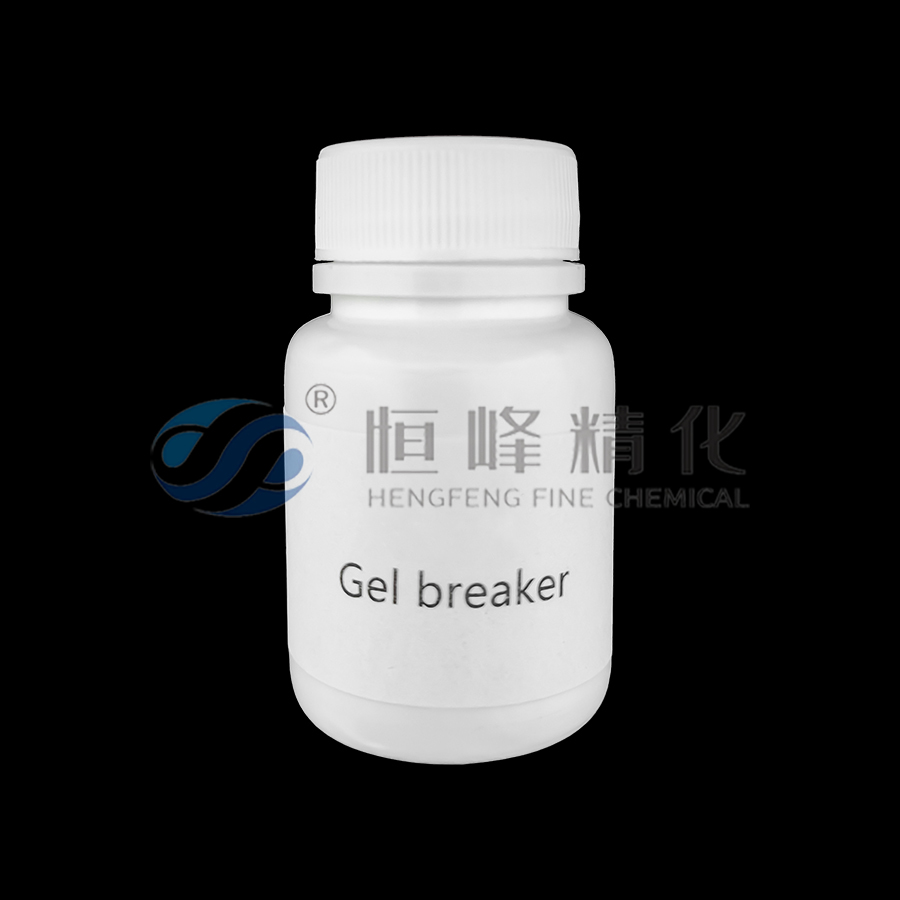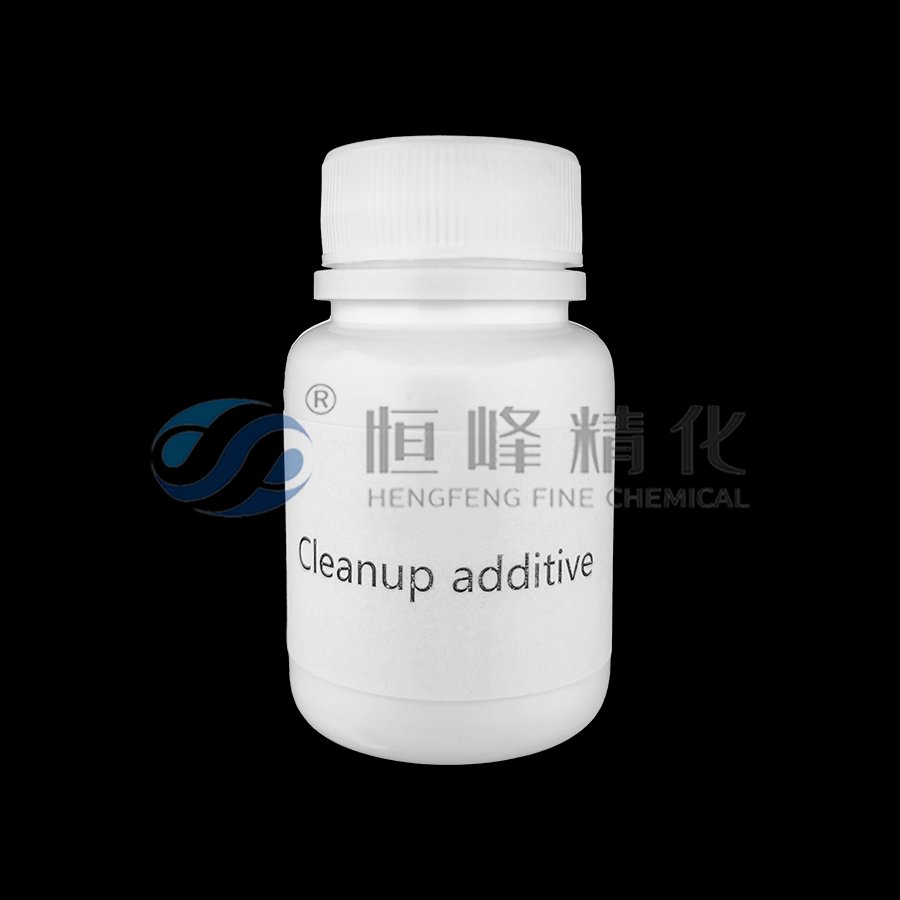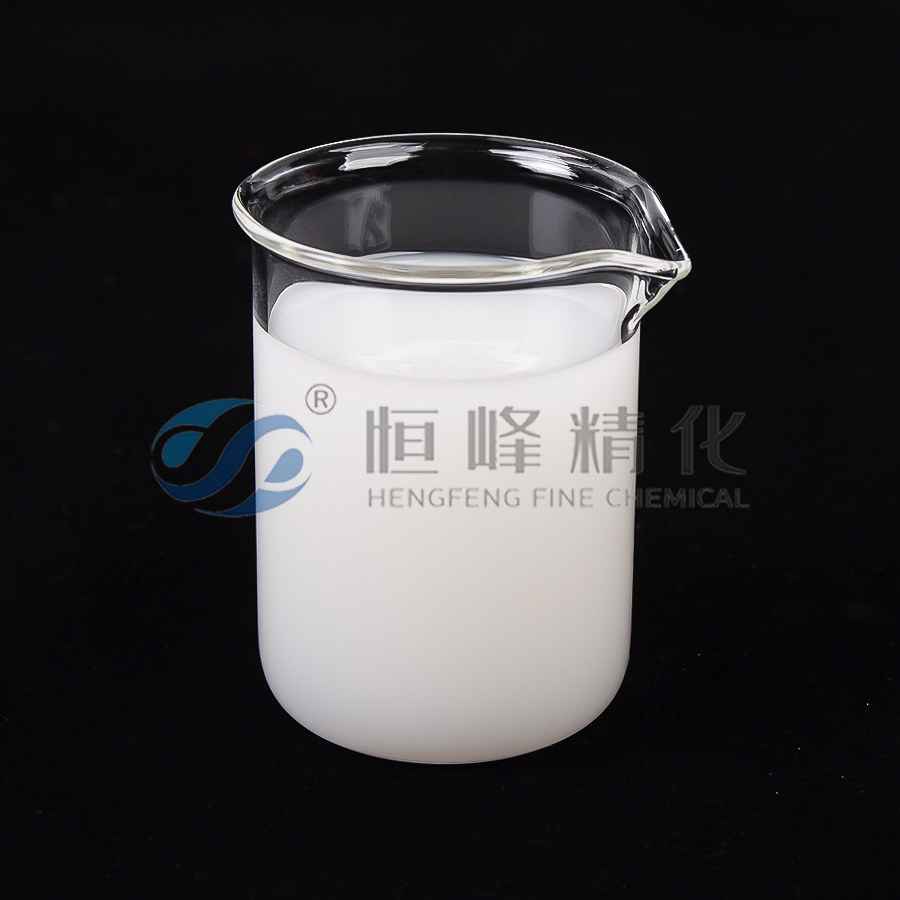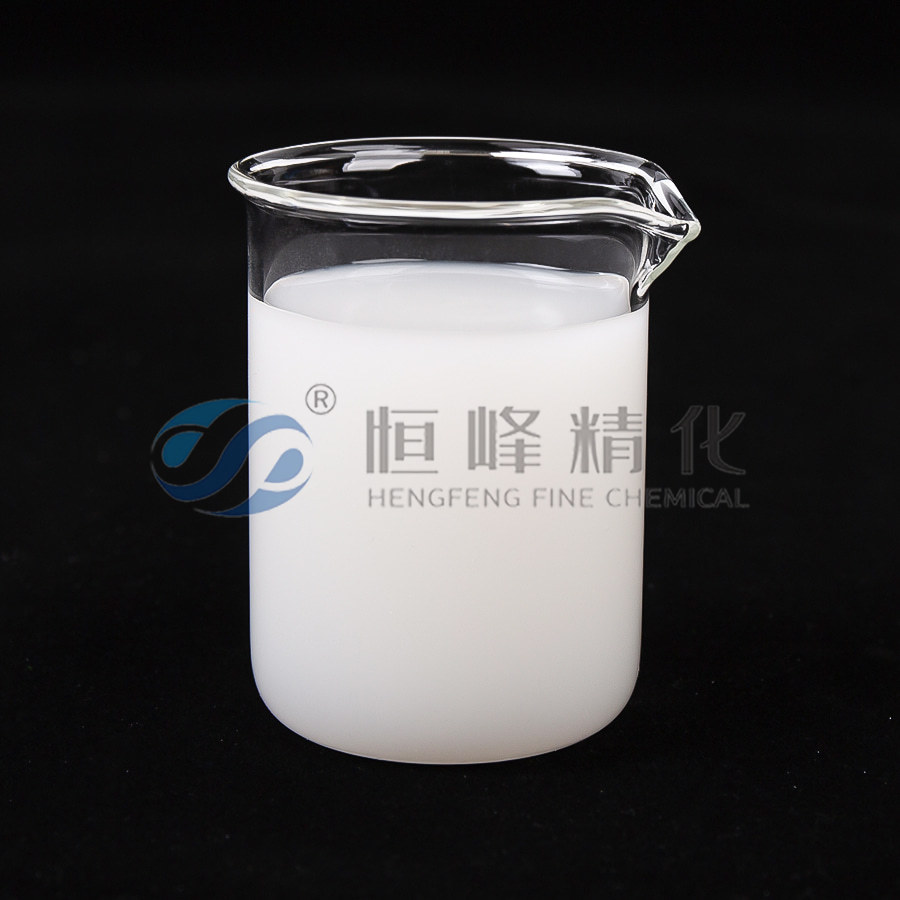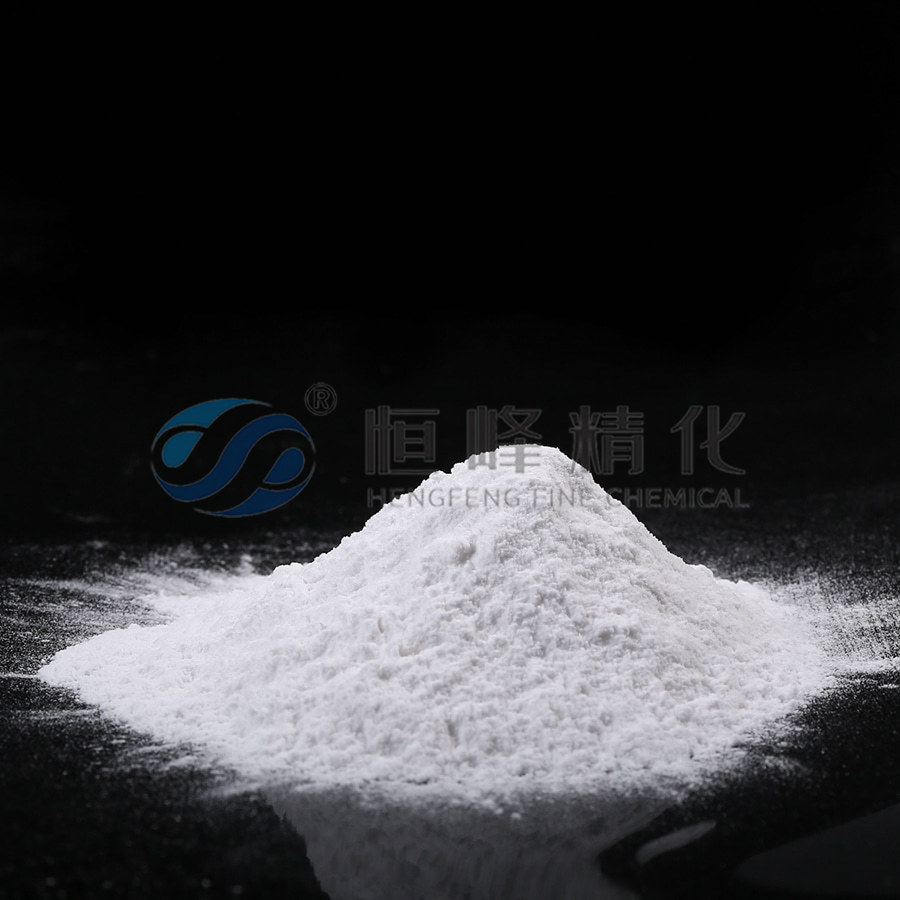Polyacrylamidefactory Insights on Fracturing Fluid Chemicals
Fracturing Fluid Chemical Supplier plays an essential role in supporting hydraulic fracturing operations by providing necessary chemical components that improve extraction processes. Fracturing fluid, commonly used in oil and gas production, is a carefully designed mixture primarily composed of water, proppants like sand, and chemical additives that serve specific functions underground.
Among the numerous chemicals utilized in fracturing fluids, Depending on the type of rock and other specific conditions at the hydraulic fracturing site, different chemicals are added for various purposes. For example, acids are used to dissolve minerals to help fossil fuels flow more easily; biocides are applied to eliminate bacteria; gelling agents assist in transporting proppants into fractures; and corrosion inhibitors protect the steel components of the well from damage caused by fracturing fluids. The U.S. Environmental Protection Agency (EPA) found that between 2005 and 2013, 1,084 different chemicals were used in hydraulic fracturing formulations. Common ingredients include methanol, ethylene glycol, and propargyl alcohol. Each ingredient has a unique purpose, contributing to the overall success of hydraulic fracturing operations without significantly impacting equipment or productivity.
The selection of chemicals used in fracturing fluids depends on the specific geological conditions and operational objectives. For instance, friction reducers based on polyacrylamide polymers help maintain the high pressure needed to fracture rock formations while allowing smoother flow. Biocides are added to prevent microbial growth that could otherwise damage the well or clog the fractures. Meanwhile, corrosion inhibitors safeguard the expensive metal components from degradation caused by water or other chemical reactions underground.
When discussing the safety of fracturing fluid, it is important to note that while the components are selected for their effectiveness, fracturing fluids are not intended for human consumption. Many of the chemicals are safe when properly managed and contained underground, but drinking or direct exposure to fracturing fluid can pose health risks. Therefore, strict handling standards and environmental regulations are in place to ensure the protection of workers and surrounding communities.
By continuously enhancing chemical performance and environmental protection standards, professional fracturing fluid chemical suppliers have made innovation and compliance the cornerstone of their services. To ensure that hydraulic fracturing operations are both efficient and environmentally responsible, they carefully select and balance various ingredients, striving to deliver chemical formulations that meet operational demands while adhering to environmental standards.
A professional Fracturing Fluid Chemical Supplier is essential to the hydraulic fracturing industry, providing technical expertise and material support to ensure effective and responsible operations. For more information about trusted chemical solutions, please visit www.polyacrylamidefactory.com.


 English
English Español
Español عربى
عربى Français
Français Русский
Русский Tiếng Việt
Tiếng Việt




